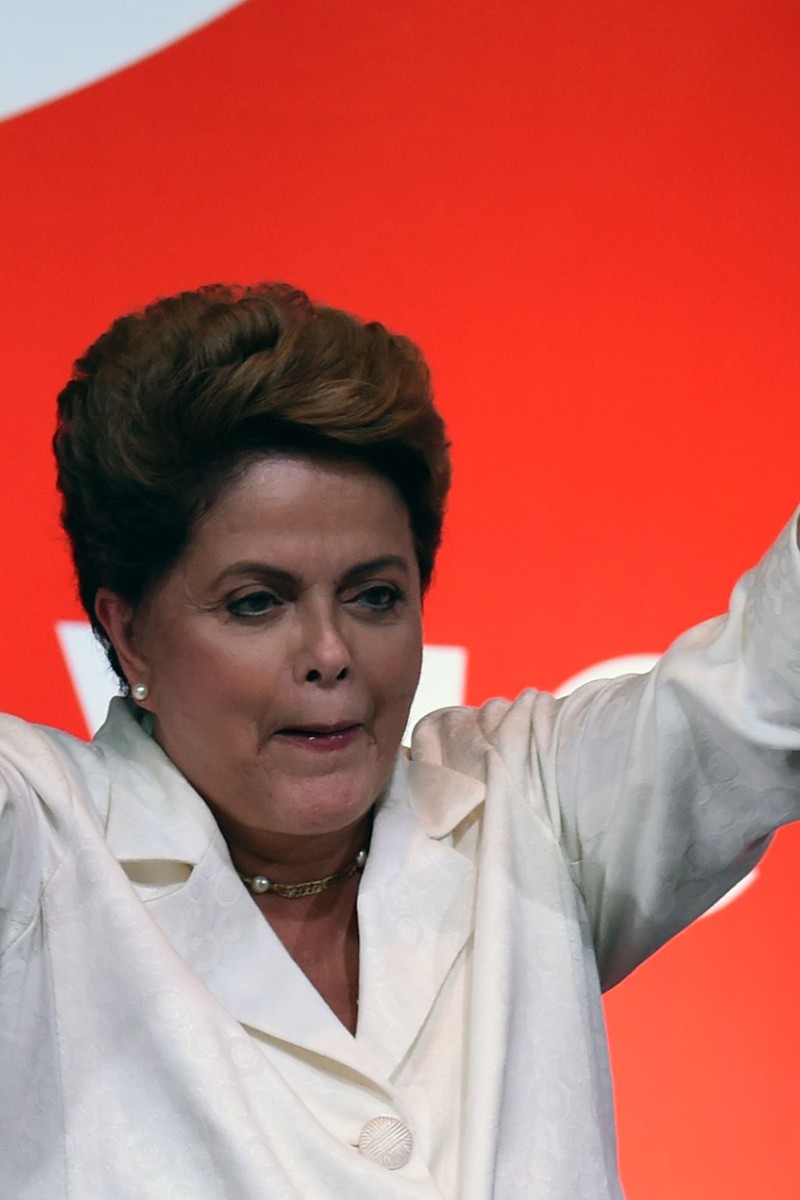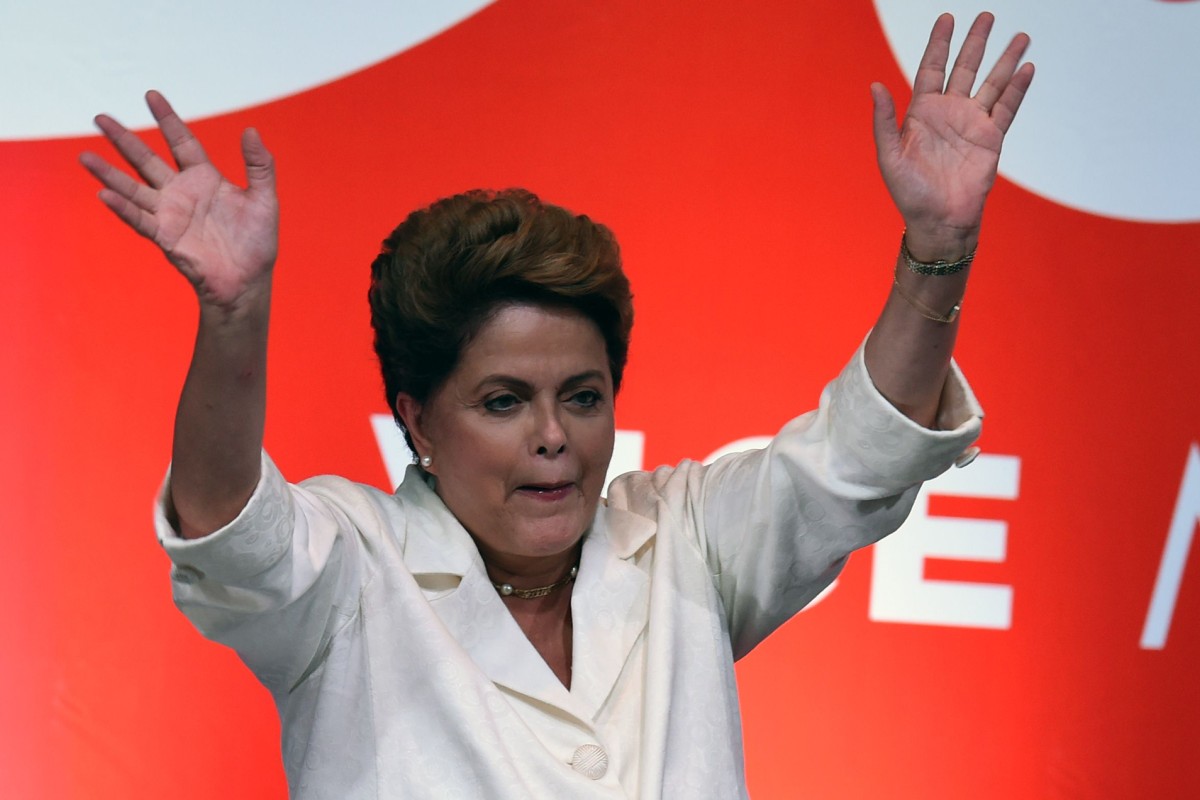
Rousseff should strike a middle ground between business and consumer interests by launching efficient social programs while making it easy to do business
 Re-elected Brazilian President Dilma Rousseff waves to the crowd following her win on October 26, 2014
Re-elected Brazilian President Dilma Rousseff waves to the crowd following her win on October 26, 2014Last week, Brazil’s president Dilma Rousseff won reelections by a narrow three per cent. Elections were close and bitter, with the nation divided over jumpstarting a sluggish economy and balancing business and household interests.
Rousseff convinced voters that her strong track record of reducing poverty would continue and begin to drive growth. In her past term, she reduced unemployment rates to all-time lows, lifted 40 million out of poverty this decade and expanded welfare benefits. Policies include a federal housing program, government-sponsored schools, increased minimum wages and Bolsa Familia - a social welfare programme which provides cash to families that send children to school and are vaccinated. These increased aggregate demand by redistributing money from rich taxpayers to the poor, who are more likely to spend income.
Despite this progress, household debt, inflation and inequality have yet to be addressed. Brazil, the largest economy in Latin America, was ranked the 24th most unequal out of those rated by the most recent Gini index release. Furthermore, spending on infrastructure for the World Cup that many saw as a lower priority exacerbated frustrations over poor state services like health care and public transport. Many took to the streets to protest and voice their concerns. These structural problems reduce disposable household income and therefore stunt growth; the Brazilian economy slumped from 2.3% growth in 2013 to 1.5% so far in 2014 and went into recession in August, just before elections. It is expected to jump back to 2.7% growth in 2015.
Rousseff's competitor, Aécio Neves supported a business-centered agenda that could increase growth by encouraging investment. This would address social concerns later through a number of benefits including increasing tax revenue for spending, providing higher quality goods and increasing income. However, Rousseff emphasized worries that growth would not trickle down to the poor and only worsen inequality due to a lack of sufficient opportunity for Brazil's lower-income citizens to improve their standard of living without the social policies on which she based her platform.
Recent corruption scandals are supposed to be addressed by increasing transparency and accountability. Previously, large firms would fund political campaigns and receive state contracts in return, such as for construction.
Brazil is also looking to increase trade through bilateral agreements and increasing development funding by pressuring US congress to increase its voting quota at the IMF and nurturing the new BRICS development bank, a similar body.
Mismanaged services require tax rises to fund their excessive cost to the budget. They can reduce investment, consumption and thus growth. To accelerate development, Rousseff should strike a middle ground between business and consumer interests by launching efficient social programs while making it easy to do business.